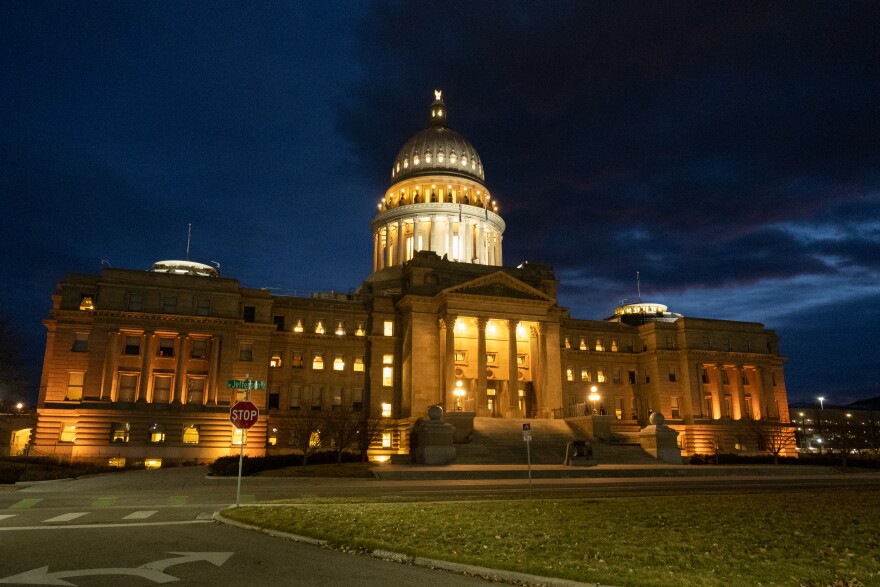Gov. Brad Little’s newly proposed scholarship program narrowly made it out of a House committee Tuesday morning.
The Idaho Launch initiative would give high school graduates a minimum of $8,500 that could be used to pay for training programs and college degrees associated with in-demand jobs, like welding or plumbing.
“This is a workforce investment program. So, the easiest way to think of this is jobs, not diplomas,” said House Majority Leader Megan Blanksma (R-Hammett), the bill’s sponsor.
Idaho’s Workforce Development Council would be responsible for surveying employers to determine the state’s most in-demand jobs.
The program would fill good-paying jobs currently left vacant and boost the likelihood of students staying in-state, according to Blanksma, though she said there were no requirements for students to work in Idaho after they graduate or earn a certificate.
Students would also have to undergo career counseling prior to receiving the grant.
Two other state-sponsored scholarships, the Idaho Opportunity Scholarship and Postsecondary Credit Scholarship, would be eliminated under the plan, though current recipients could still apply to renew their awards.
More conservative members of the House Education Committee equated the proposal to socialism and questioned whether these programs are the proper role of government.
Rep. Ron Mendive (R-Coeur d’Alene) said adults should be responsible for paying for their own education.
His own children wanted to attend Bible college in Europe, which Mendive supported. But he said he and his wife would only pay for their children’s travel.
“We wanted them to have skin in that game and that’s what’s missing here. People need to take responsibility,” Mendive said.
It’s similar, he said, to what’s wrong with the federal free and reduced lunch program in public schools, which covers 27.3% of Idaho’s first through twelfth-grade students.
“If we could find a way for the students to work to earn credits for their school lunch, I don’t think we’d see any of the waste we do in that program because it doesn’t mean much.”
Idaho’s go-on rate for high schoolers immediately enrolling in college or a career/tech program after graduation has continually fallen – sitting at 38% in 2021.
Rep. Julie Yamamoto (R-Caldwell), a former high school principal, said cost is a major factor in that decline.
“Students who I tried to encourage to go on over and over again would say whether the program was $7,000, it might as well have been $7 million to them,” Yamamoto said.
The bill passed out of committee 10-7 and now heads to the House floor for consideration.
Follow James Dawson on Twitter @RadioDawson for more local news.
Copyright 2023 Boise State Public Radio



